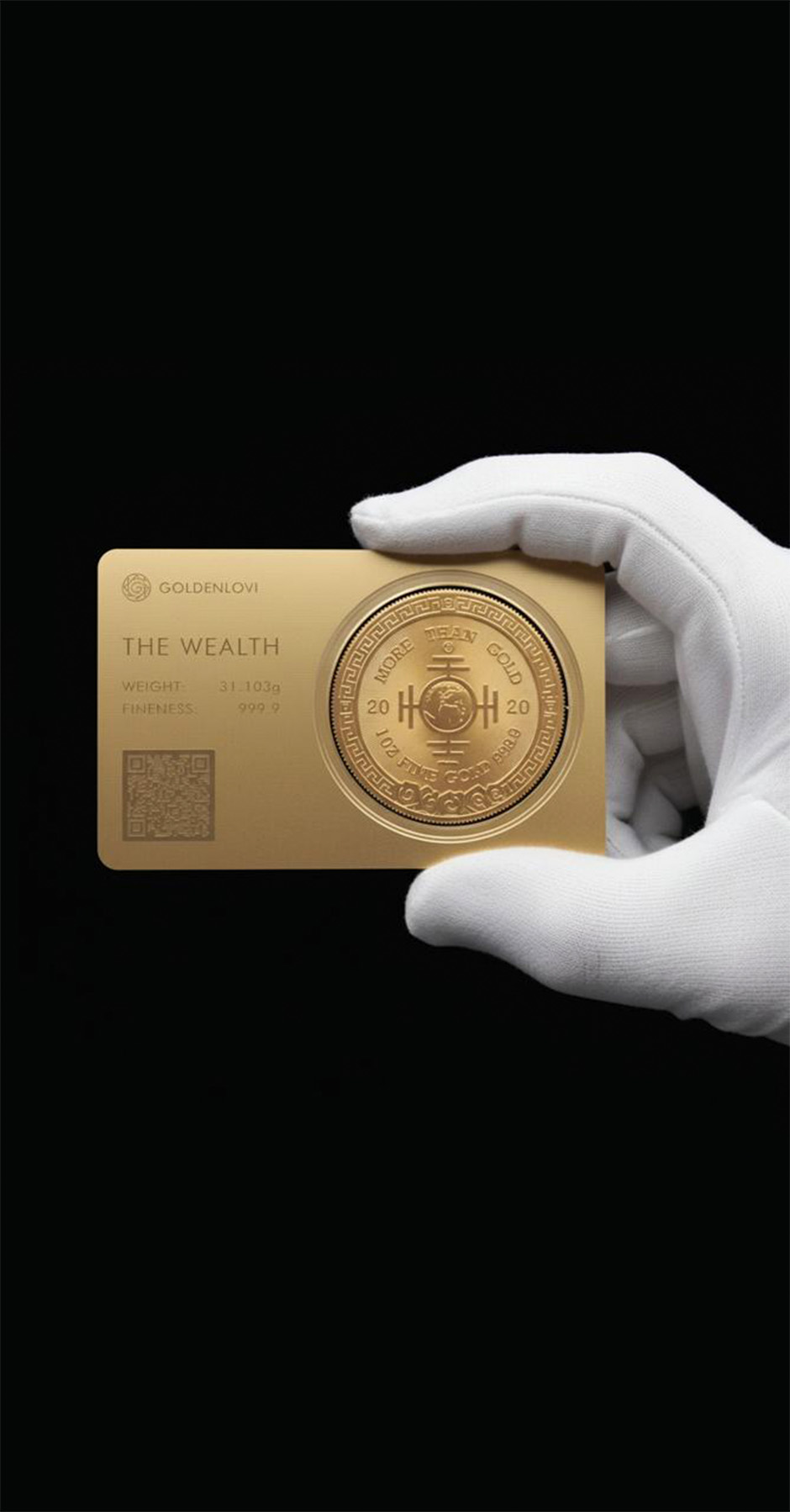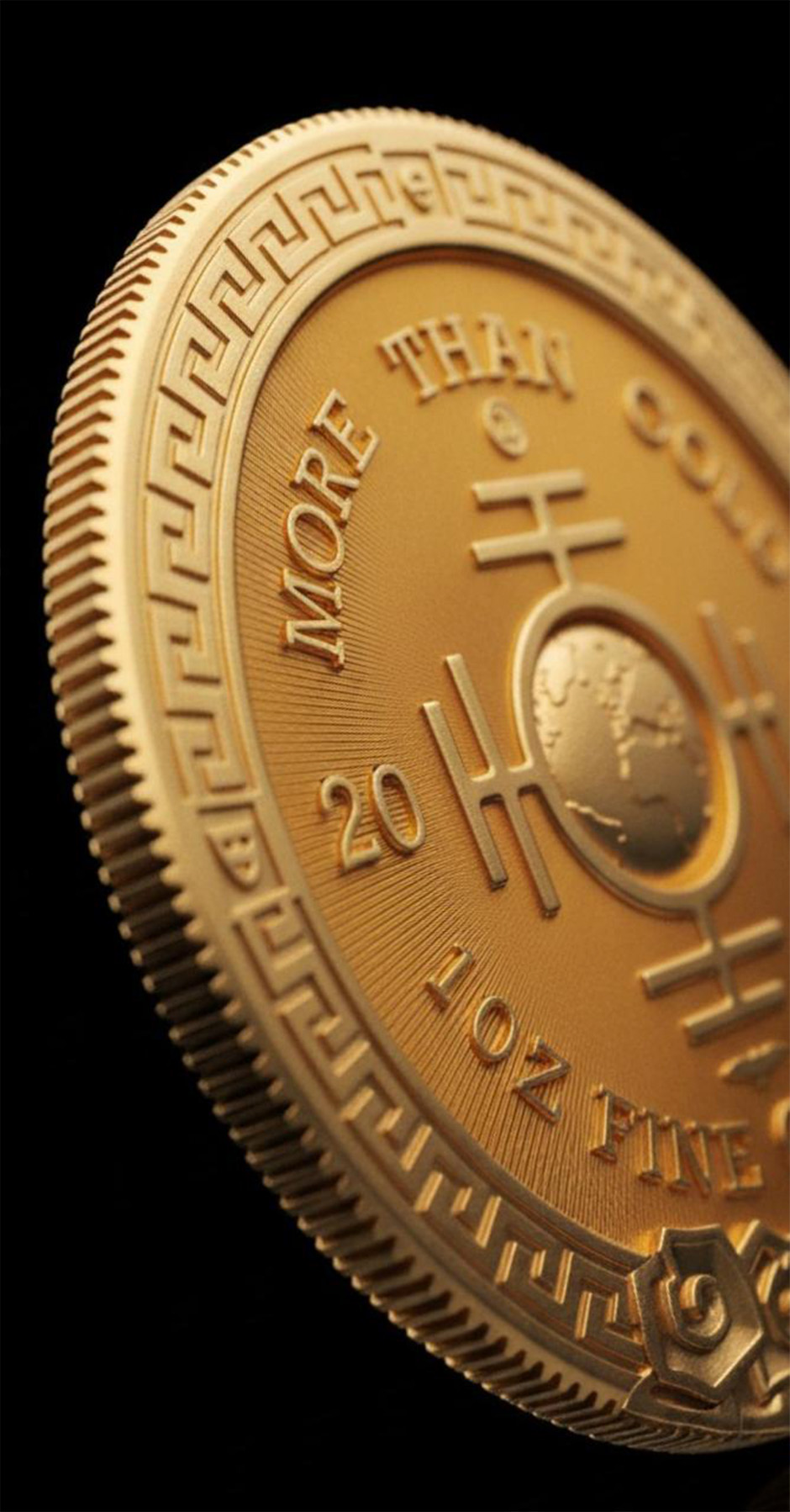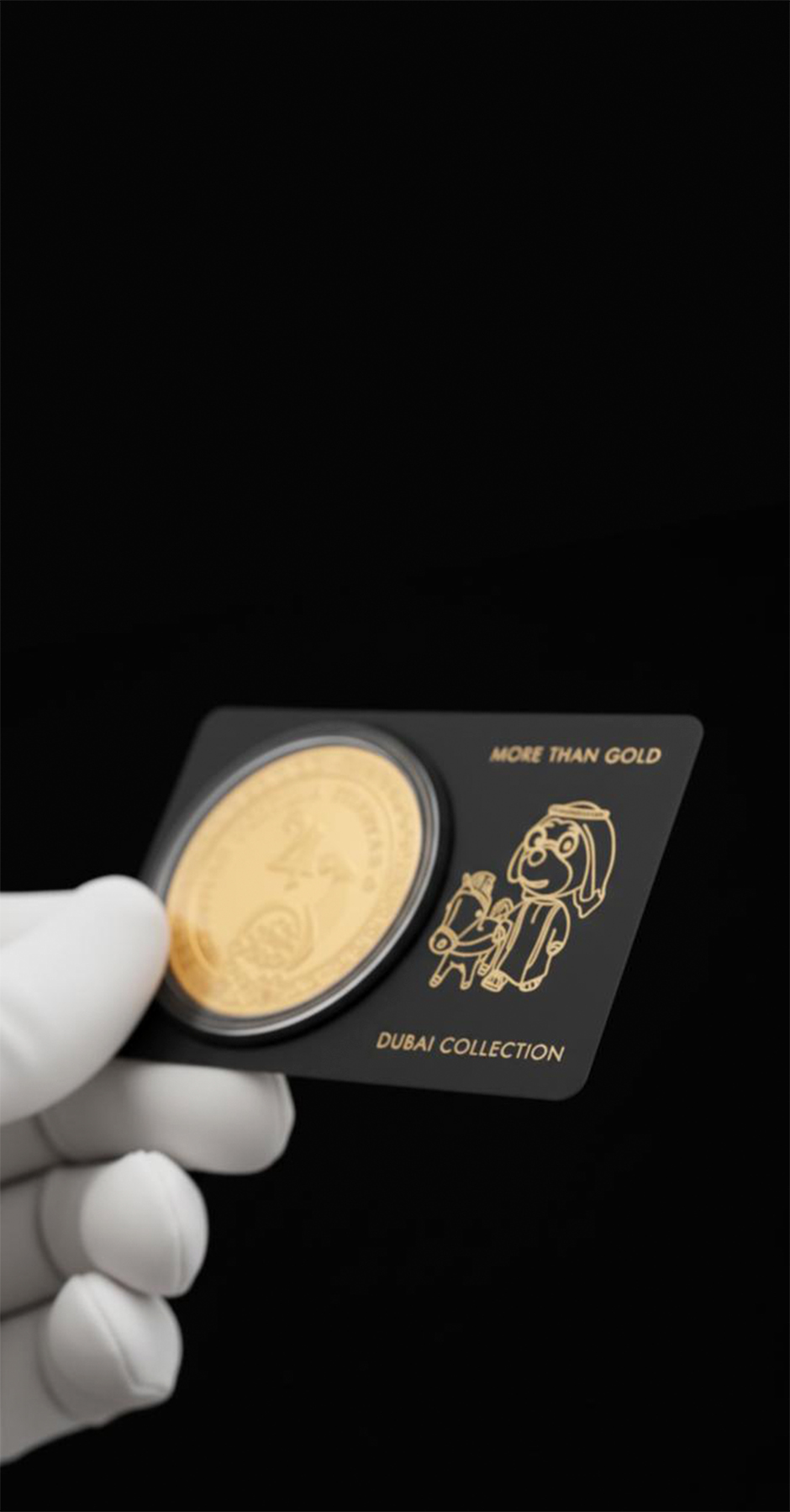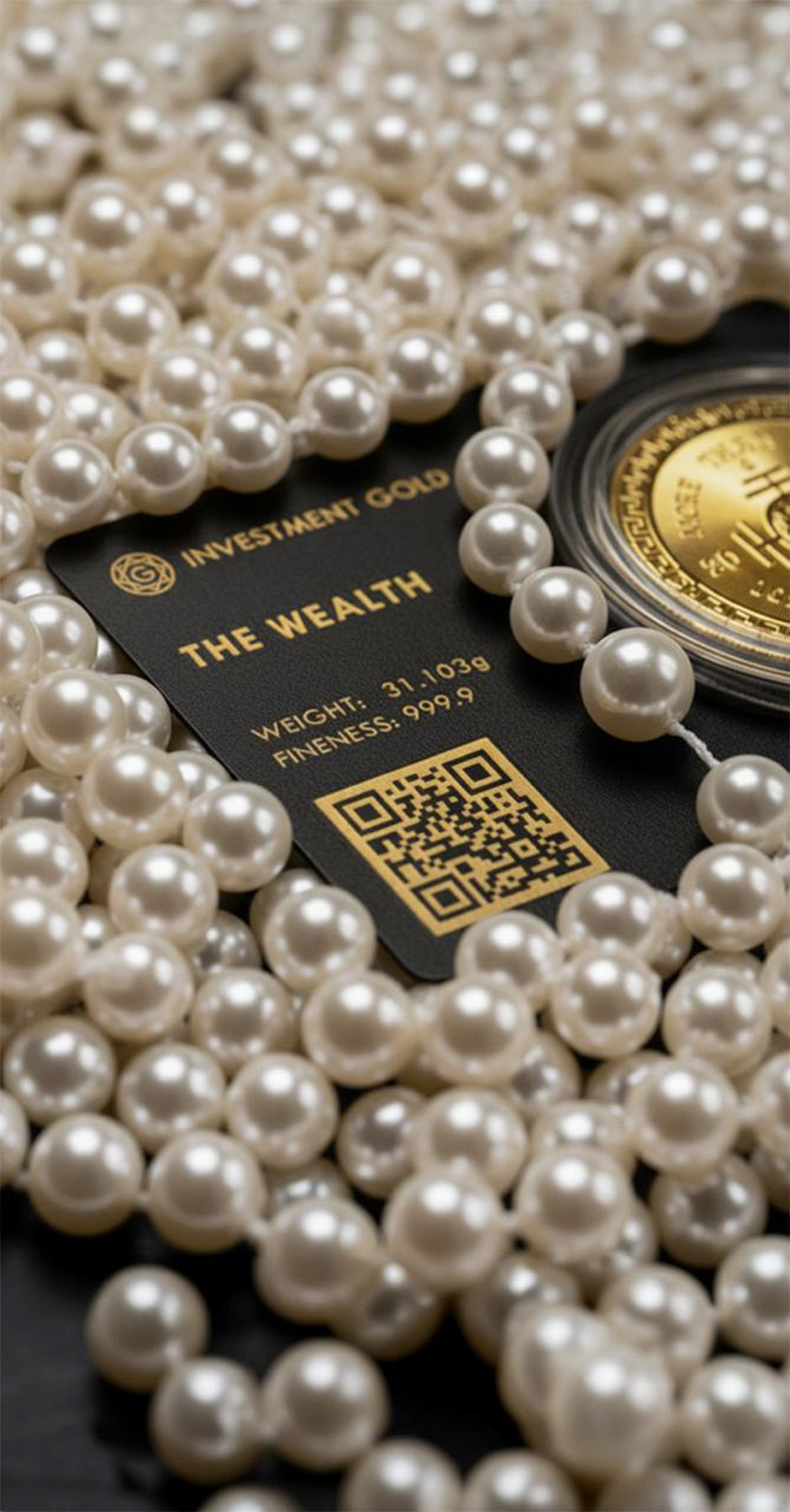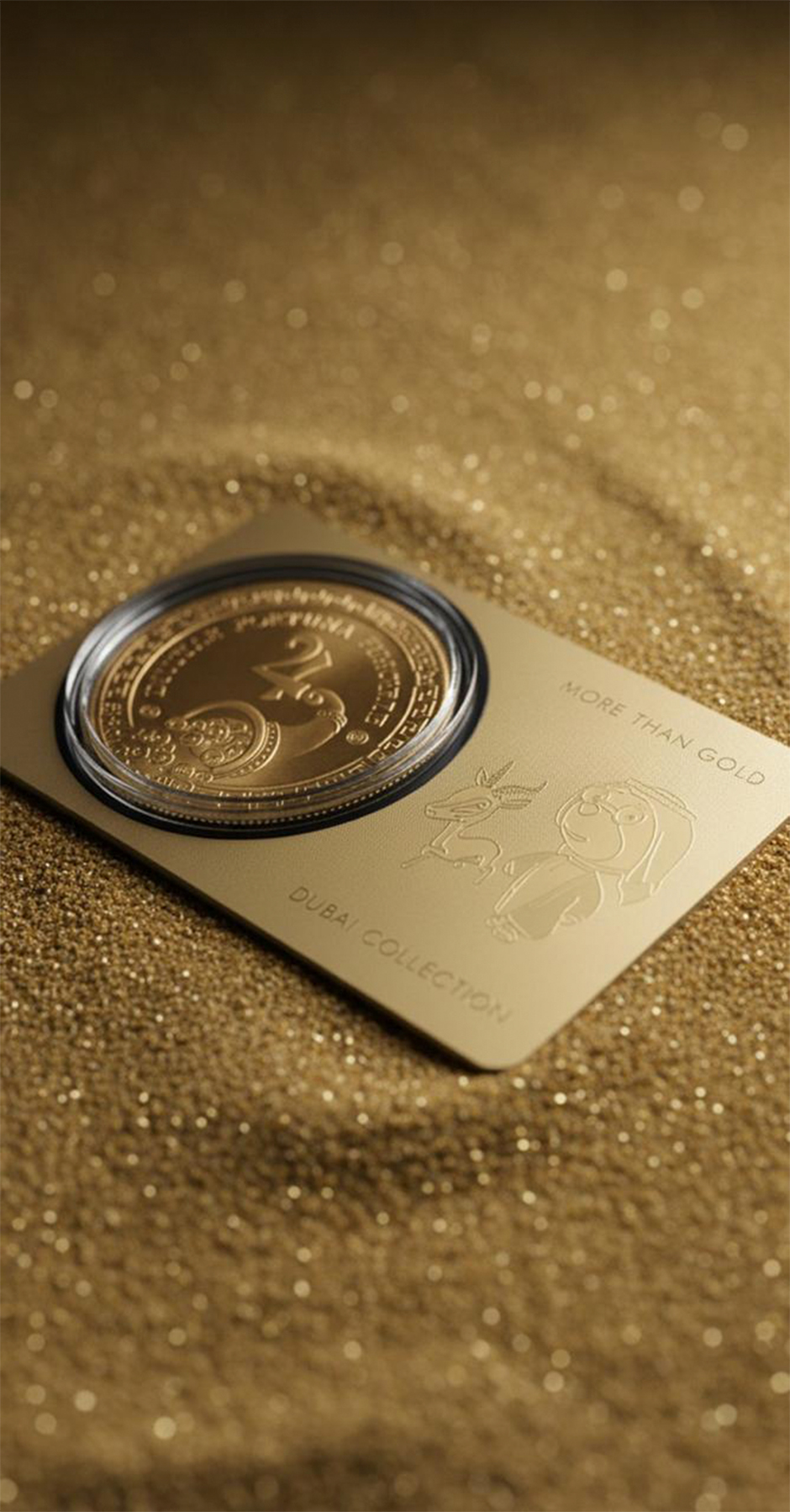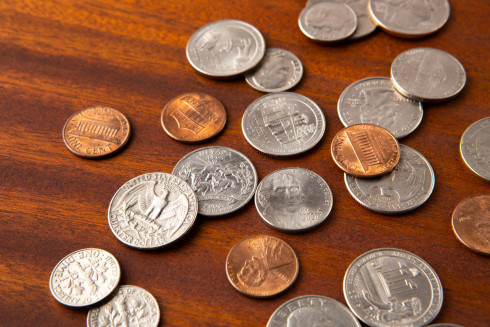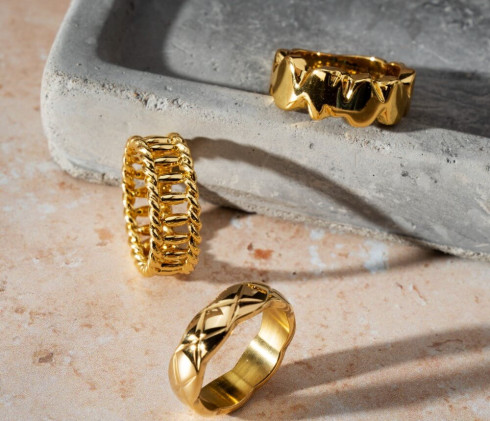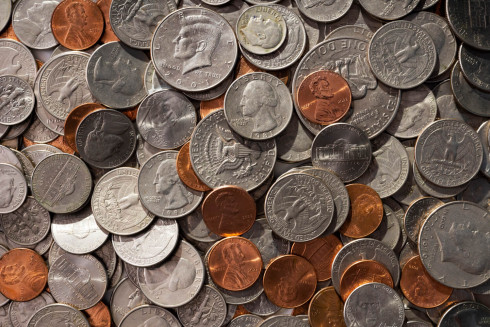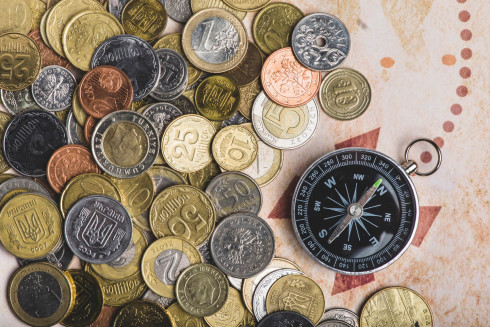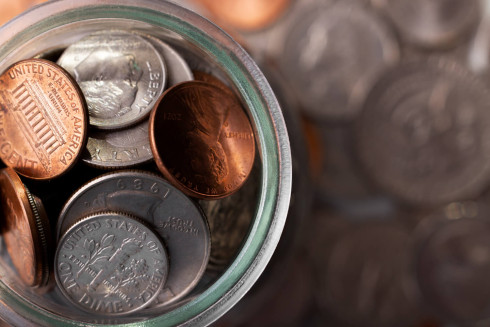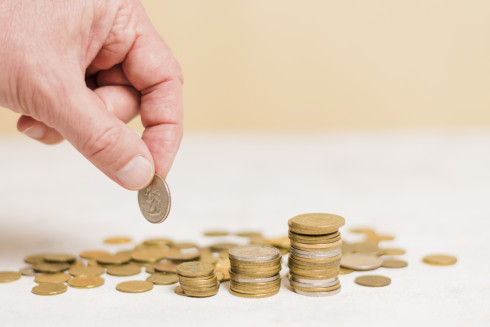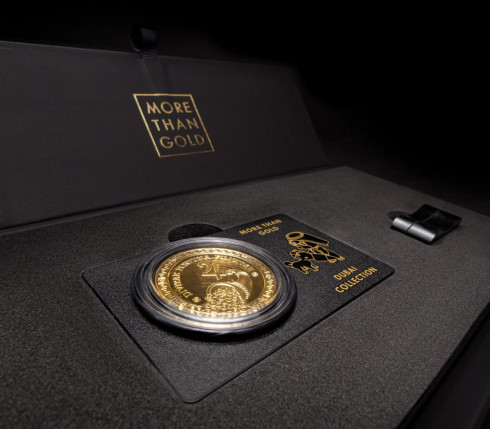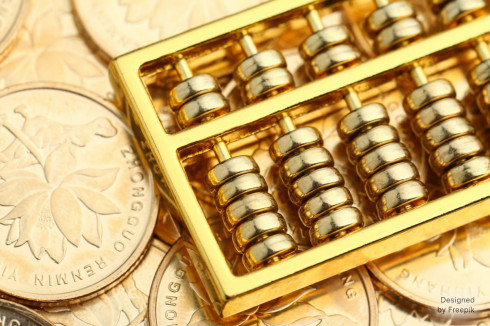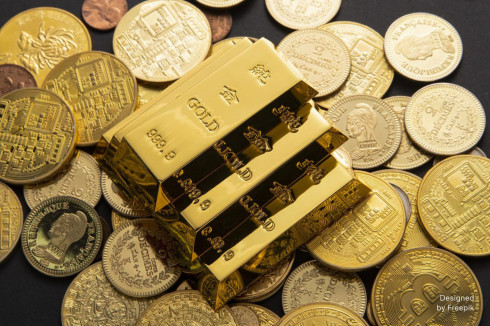Introduction: Why Gold Coins Are a Valuable Choice for Both Collectors and Investors
Gold coins are one of the most versatile forms of gold investment, appealing to both investors and collectors. Their combination of intrinsic value, portability, and often beautiful designs makes them a prized addition to any portfolio. Unlike other gold assets, gold coins can hold both bullion value and collectible appeal, giving them a unique dual-purpose. In this comprehensive guide, we’ll cover the benefits, types, and expert tips for buying gold coins.
1. Benefits of Buying Gold Coins
Gold coins have several advantages over other types of investments and forms of gold. Here’s why they’re considered an ideal choice for both new and seasoned investors:
1.1 Intrinsic and Collectible Value
Gold coins hold intrinsic value due to their gold content, but certain coins also carry additional value due to their rarity, historical significance, or unique designs. This dual value provides a unique benefit, allowing some coins to appreciate independently of the gold market.
1.2 High Liquidity and Portability
Gold coins are highly liquid and can be sold easily worldwide, making them a practical choice for investors who may need to convert their assets to cash. Their small size makes them easy to store and transport compared to larger gold bars.
1.3 Portfolio Diversification
Including gold coins in an investment portfolio adds a layer of diversification, reducing overall risk. Gold’s stability makes it an excellent hedge against market volatility, providing a counterbalance to stocks and bonds.
1.4 Privacy and Tangibility
Gold coins are a tangible, private asset. Unlike digital investments, gold coins can be stored and accessed without relying on digital platforms, making them ideal for investors who value privacy and security.
2. Types of Gold Coins for Investment and Collection
There are various types of gold coins, each with its unique characteristics. Knowing the different types can help investors and collectors make informed decisions.
2.1 Bullion Coins
Bullion coins are minted for investment purposes and typically have high gold purity levels, often .999 or higher. These coins are valued based on their weight in gold and the current market price.
Popular bullion coins include:
- American Gold Eagle: Backed by the U.S. government, the American Gold Eagle is widely recognized and respected.
- Canadian Gold Maple Leaf: Known for its high purity of 99.99%, the Canadian Gold Maple Leaf is a favorite among investors.
- Australian Gold Kangaroo: This coin from the Perth Mint is highly sought after for its annually changing design and purity.
2.2 Numismatic Coins
Numismatic coins are older coins valued for their rarity, historical significance, and condition. These coins can hold a much higher value than bullion coins, as collectors may pay a premium for coins in excellent condition or those that are rare.
Examples include:
- Pre-1933 U.S. Gold Coins: These coins have significant historical value, as they were minted before the U.S. went off the gold standard.
- Ancient Gold Coins: Coins from ancient civilizations, such as Greek or Roman coins, are prized for their historical significance.
2.3 Commemorative and Limited Edition Coins
Commemorative coins are minted in limited quantities to honor specific events, anniversaries, or figures. While they hold bullion value, their limited availability can make them attractive to collectors as well.
3. Important Factors to Consider When Buying Gold Coins
3.1 Purity and Weight
The purity and weight of a gold coin affect its value. Most investment-grade bullion coins have a purity of .999 or .9999 (24 karats). It’s essential to verify the weight and purity before purchasing, as these characteristics determine the coin’s intrinsic value.
3.2 Certification and Authenticity
Certification provides assurance of a gold coin’s authenticity and purity. Reputable mints and refineries issue certificates of authenticity, and many coins are marked with unique serial numbers for verification.
3.3 Dealer Reputation
When buying gold coins, always choose a reputable dealer. Established dealers provide certified coins, secure transactions, and often offer buyback options, making the process more secure for buyers.
3.4 Storage and Security
Gold coins are valuable assets that require secure storage. Some options include:
- Home Safes: While convenient, home safes may require additional insurance.
- Bank Safety Deposit Boxes: Offer high security but may limit access.
- Dedicated Precious Metals Depositories: These facilities offer specialized storage and insurance.
4. Gold Coins vs. Gold Bars: Which is Right for You?
While both gold coins and bars are popular investment options, each has unique characteristics that may suit different investor goals:
4.1 Ease of Selling
Gold coins are often easier to sell due to their smaller denominations and higher liquidity. Gold bars, while valuable, may not be as easy to liquidate, especially larger bars, which require significant capital.
4.2 Aesthetic and Historical Appeal
Gold coins often have aesthetic and historical value that bars lack. Collectors and investors who appreciate numismatics may find coins more appealing due to their design, age, or commemorative significance.
4.3 Price Per Ounce
Gold bars generally have a lower premium over the spot price of gold compared to coins, making them ideal for bulk investment. However, the premium on coins can be justified by their collectible value and ease of resale.
5. How to Buy Gold Coins Safely
5.1 Identify Your Investment Goals
Are you buying for long-term investment, collectible value, or both? Clarifying your goals will help you decide between bullion, numismatic, and commemorative coins.
5.2 Verify the Dealer’s Credentials
Choose dealers who are members of reputable industry associations, such as the Professional Numismatists Guild (PNG) or the American Numismatic Association (ANA). These affiliations signal a commitment to industry standards.
5.3 Check for Hallmarks and Certification
Reputable coins bear hallmarks from trusted mints, such as the U.S. Mint or Royal Canadian Mint, indicating authenticity and purity. Certification from organizations like the Professional Coin Grading Service (PCGS) can add value.
5.4 Understand Pricing and Premiums
Gold coins are typically priced at a premium above the spot price of gold. This premium covers production, distribution, and dealer fees. Compare premiums from different dealers to ensure you’re getting a fair price.
5.5 Secure Storage Options
Once you buy gold coins, secure storage is essential. Consider professional storage facilities or bank vaults for high-value collections, as they offer additional security and insurance options.
6. Tax Implications of Buying and Selling Gold Coins
Tax implications vary depending on your location, but some general considerations include:
6.1 Capital Gains Tax
In many countries, selling gold coins at a profit may trigger capital gains tax. The tax rate depends on factors such as the holding period and your income level.
6.2 Sales Tax
Some regions impose sales tax on gold purchases, though investment-grade coins may be exempt in certain areas. Check your local regulations for more information.
6.3 Inheritance and Estate Taxes
If gold coins are passed on as part of an estate, they may be subject to inheritance or estate taxes. Planning ahead and consulting with a tax advisor can help minimize these obligations.
7. Frequently Asked Questions (FAQ) about Buying Gold Coins
1. Why are gold coins a good investment?
Gold coins are a good investment due to their intrinsic value, historical appeal, and high liquidity. They serve as both an inflation hedge and a collectible asset.
2. What’s the difference between bullion and numismatic coins?
Bullion coins are valued primarily for their gold content and are suitable for investment, while numismatic coins are older or rare coins valued for their rarity and condition.
3. How do I know if a gold coin is authentic?
Always buy from reputable dealers who provide certification. Many gold coins also have hallmarks from respected mints, such as the U.S. Mint or Perth Mint.
4. Is it better to buy gold coins or bars?
This depends on your investment goals. Coins are often easier to sell and may carry collectible value, while bars typically have a lower premium per ounce.
5. Can gold coins be stored at home?
Yes, but it’s best to keep them in a secure safe. Many investors prefer using bank vaults or professional storage facilities for added security.
6. Are gold coins subject to sales tax?
Sales tax on gold coins varies by location. In some areas, investment-grade coins are exempt from sales tax.
7. How can I sell my gold coins if needed?
You can sell gold coins through dealers, auctions, or online marketplaces. Be sure to work with reputable buyers to get the best value.
8. What is the best type of gold coin for new investors?
Bullion coins like
